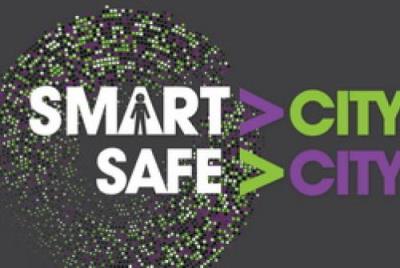Smart Cities is a big trend that influences nowadays a lof of cities’ development policies. It is aimed to bring many benefits to citizens and large city administration at the same time. In parallel the concept of Safe city has emerged – using the data to improve citizen safety through increased surveillance.

As always, technology comes with advantages and drawbacks. Like Internet allowed incredible 2-way communication advances, it came along with easier surveillance capabilities. Smart cities will thus come also with increased surveillance capabilities, in the name of pubic safety.
Ethics is becoming an increasing concern in our society, as a way to address democratic control on the modern surveillance capabilities. It has to be stressed that surveillance is not a recent issue – for long times, autocratic governments have controlled and opened private correspondence and spied on its citizens. As it becomes increasingly easy to implement surveillance programs, the setup of adequate ethical and independent control rules becomes even more essential.
Maintaining balance between the benefits of increased digitalization and sensors’ data, and privacy, is a essential challenge we are facing in the next few years. At the same time, fear of surveillance should not prevent us from benefiting from smart advances. The creation of new institutions to guarantee ethical treatment of the data is a challenge we all need to address.
